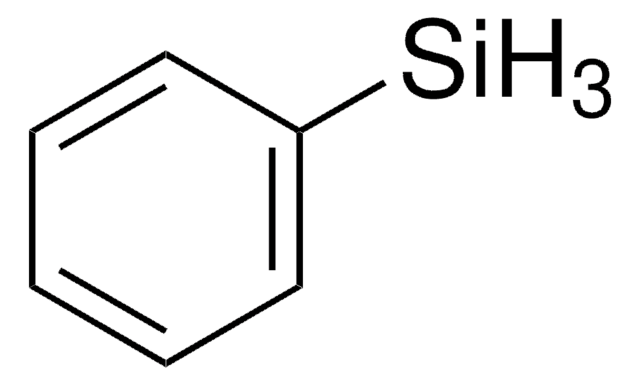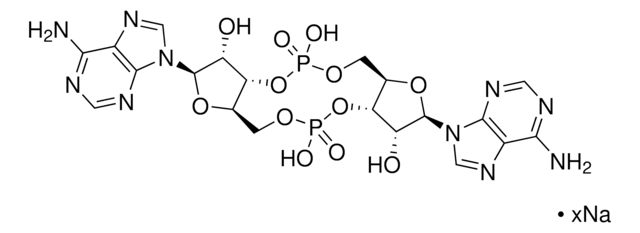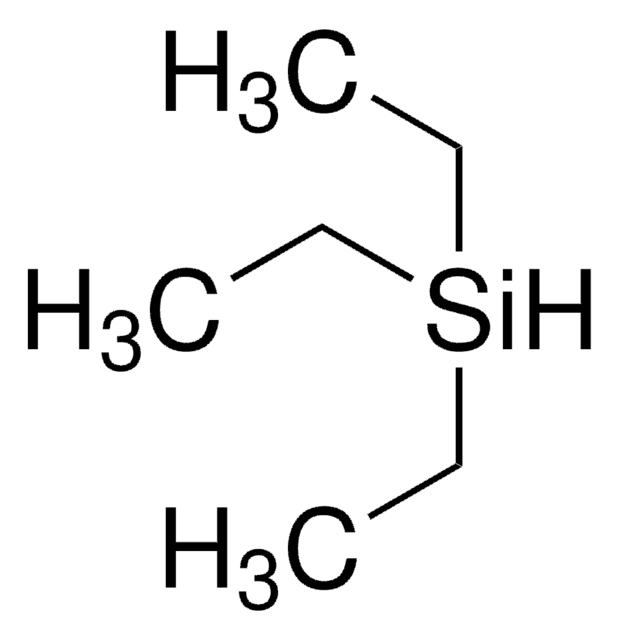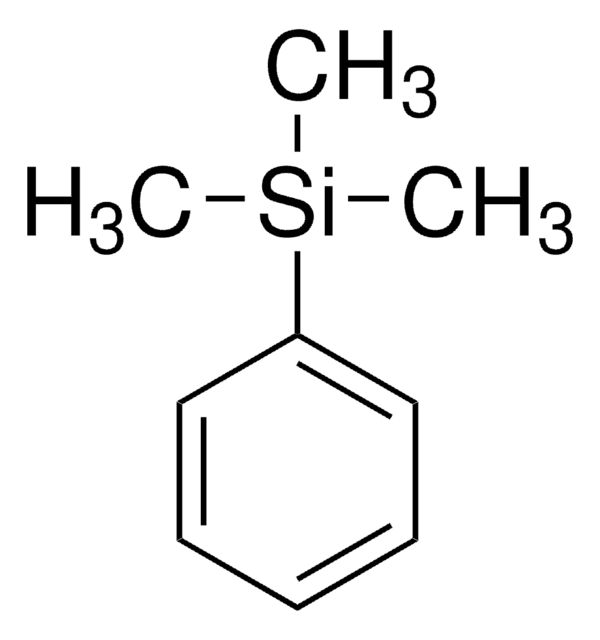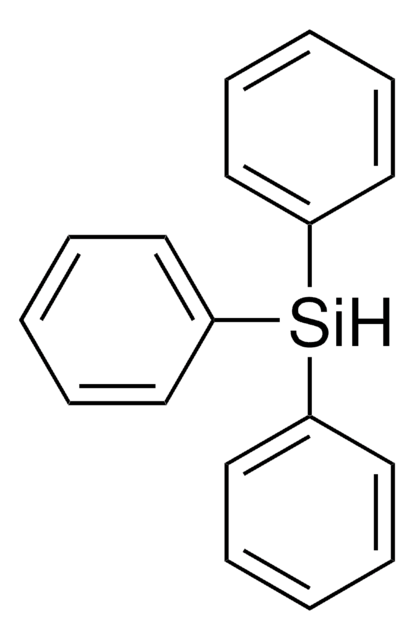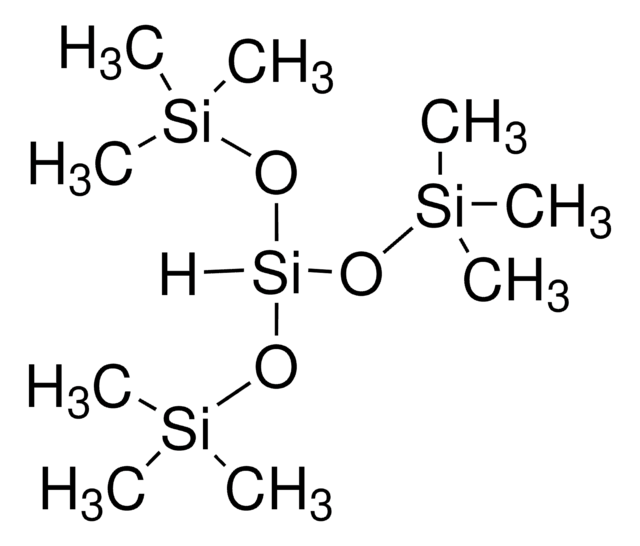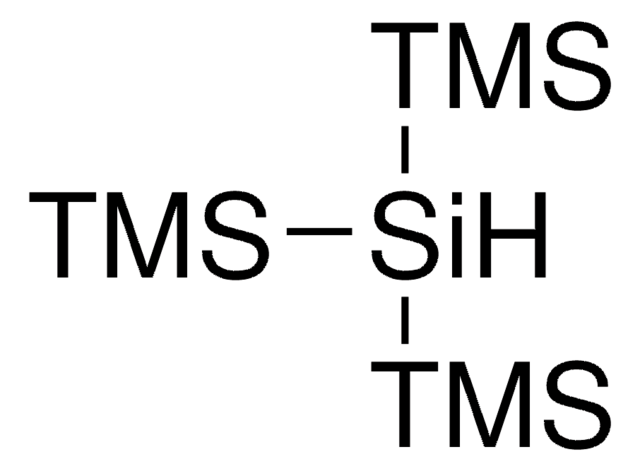SML1957
ML RR-S2 CDA sodium salt
≥95% (HPLC)
Synonym(e):
Dithio-(Rp, Rp)-2′,3′-CDA sodium salt, Dithio-(Rp, Rp)-2′,3′-c-diAMP sodium salt, Dithio-(Rp, Rp)-2′,5′-3′,5′-c-diAMP sodium salt, Dithio-(Rp, Rp)-[cyclic[A(2′,5′)pA(3′,5′)p]] sodium salt
About This Item
Empfohlene Produkte
Qualitätsniveau
Assay
≥95% (HPLC)
Form
powder
Farbe
white to beige
Versandbedingung
wet ice
Lagertemp.
−20°C
SMILES String
NC1=NC=NC2=C1N=CN2[C@H]3[C@H](O)[C@H](OP4([S-])=O)[C@@H](COP(O[C@H]5[C@@H](O)[C@H](N(C=N6)C7=C6C(N)=NC=N7)O[C@@H]5CO4)([S-])=O)O3.[R].[R].[Na+]
Biochem./physiol. Wirkung
Lagerklassenschlüssel
11 - Combustible Solids
WGK
WGK 3
Flammpunkt (°F)
Not applicable
Flammpunkt (°C)
Not applicable
Analysenzertifikate (COA)
Suchen Sie nach Analysenzertifikate (COA), indem Sie die Lot-/Chargennummer des Produkts eingeben. Lot- und Chargennummern sind auf dem Produktetikett hinter den Wörtern ‘Lot’ oder ‘Batch’ (Lot oder Charge) zu finden.
Besitzen Sie dieses Produkt bereits?
In der Dokumentenbibliothek finden Sie die Dokumentation zu den Produkten, die Sie kürzlich erworben haben.
Unser Team von Wissenschaftlern verfügt über Erfahrung in allen Forschungsbereichen einschließlich Life Science, Materialwissenschaften, chemischer Synthese, Chromatographie, Analytik und vielen mehr..
Setzen Sie sich mit dem technischen Dienst in Verbindung.
